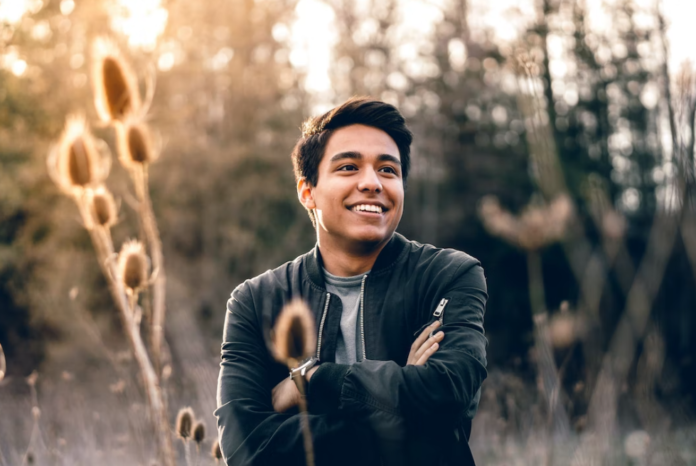Buying a home is an exciting milestone, but it can also be intimidating. It’s important to understand the process, the costs associated with buying a home, and how to budget for them. This guide will provide tips and advice on how to buy a home in your 30s while ensuring that you’re prepared for all of the costs associated with homeownership.
Do Your Research
The first step towards buying a home is doing your research. You should understand the current market conditions and know what type of homes are available in your area that fit your budget. Additionally, researching mortgage rates and options will help you find the best loan for you. You may want to consider speaking with a financial advisor or mortgage broker who can help you make informed decisions about your finances when it comes to buying a home.
Save for a Down Payment
Once you have determined what type of home is right for you, it’s time to start saving for a down payment. Generally, lenders require at least 20% of the purchase price as a down payment in order to approve financing for the purchase. This means that if you are buying a $300,000 house, you will need at least $60,000 saved up as a down payment before applying for financing. If possible, try to save more than 20%, as this could result in lower monthly payments due to lower interest rates and shorter loan terms.
Understand Home Loans
Understanding different types of home loans is essential when looking into purchasing your first home. There are several types of loans available including fixed-rate mortgages (FRMs) which have an interest rate that remains constant throughout the life of the loan. Adjustable-rate mortgages (ARMs) offer lower initial payments but can increase over time. There are FHA loans which allow borrowers with low credit scores or limited funds access to mortgage financing. VA loans are offered exclusively to veterans. Additionally, USDA Rural Development (RD) loans are offered for rural areas where housing costs may be lower than other places in the country. Researching these different types of loan products will help determine which one works best for your individual financial situation when purchasing a new home in your 30s.
Prepare Financially
It’s important not only to save up money for closing costs and fees associated with purchasing a new home but also prepare financially by having enough cash reserves set aside should any unexpected expenses arise during or after closing on your new property. Additionally, having an emergency fund established prior to closing on your new house helps protect against any potential problems that may arise during homeownership such as costly repairs or job loss scenarios. Preparing financially through savings provides peace of mind knowing that if something goes wrong while owning your own property there is still money available should it be needed later on down the line.
Purchasing a home is an exciting milestone but also requires careful consideration when making such an important decision. Doing research on current market trends and understanding different types of loan products helps ensure that you are making an informed decision while also preparing financially by saving up money ahead of time guards against potential risks such as job loss or costly repairs once ownership begins. By following these steps outlined here and utilizing resources like financial advisors or mortgage brokers who specialize in guiding individuals through their first-time home buying experience, anyone looking into buying their own property can do so with confidence knowing they have taken measures necessary to ensure success throughout their homeownership journey!















